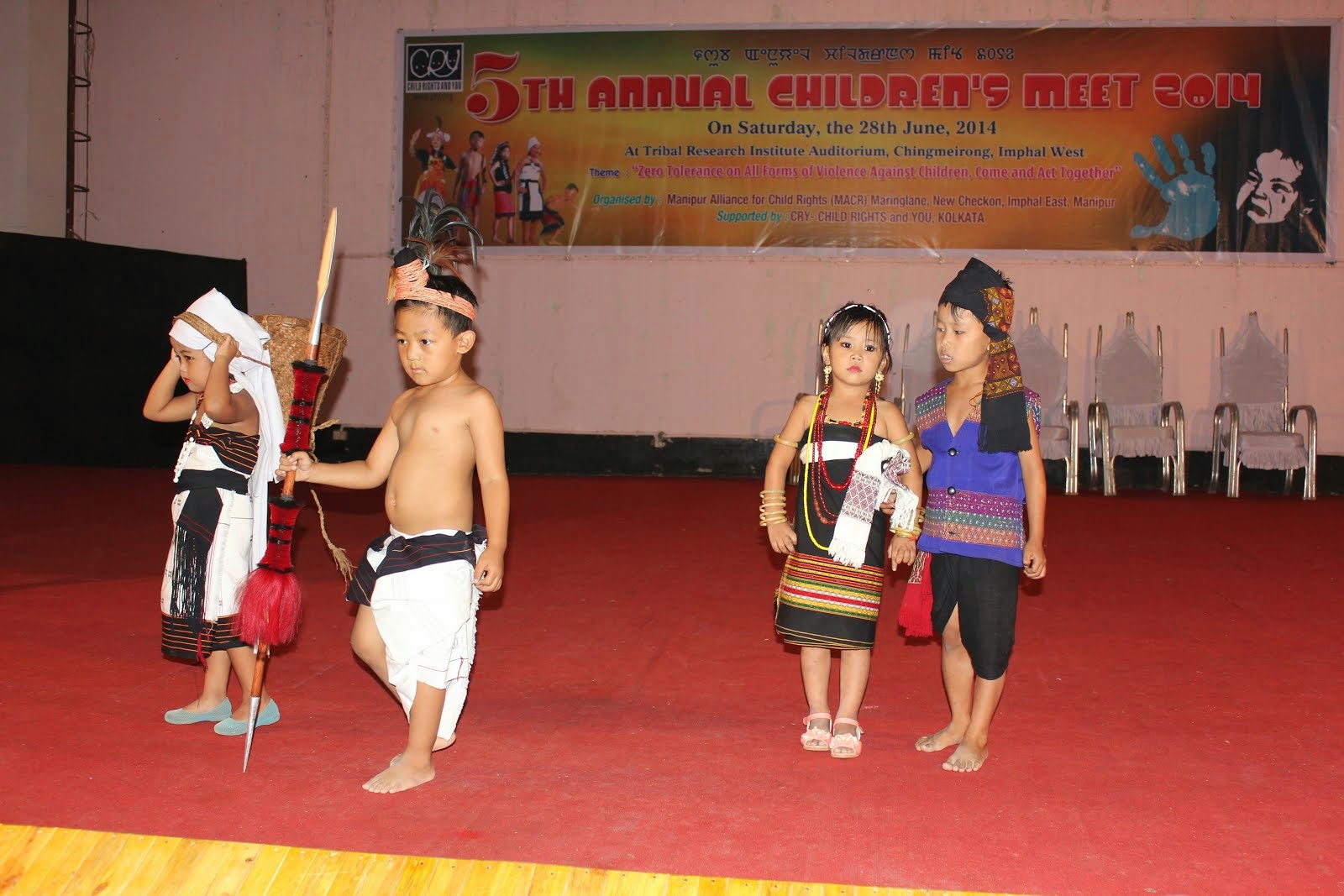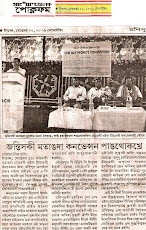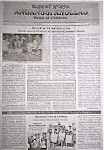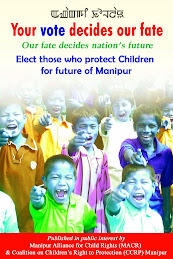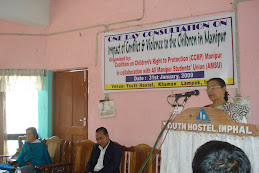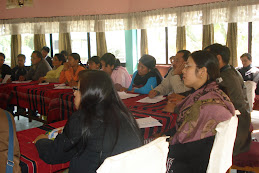by Keisam Pradipkumar-
source- Imphal Free Press
Recently a study report of Manipur Alliance for Child Rights (MACR), appeared in few local newspapers, unveiled the failing situation of government schools in Manipur. The study report revealed certain statistics of typical government schools virtually plagued with scourges like students less schools, teacher less classes, room and toilet less schools, collapsing huts, the so called kitchens for serving midday meals etc. The abysmal photographs of the schools without walls and those toilets without doors simply made mockery of the recently passed right to free and compulsory education bill of incredible India, which is celebrating the 62 years of independence. However, such an appalling report is not a new thing in the saga of education department, which has appeared in media with the largest fake appointment scams in the state.
The study report induced us to take stoke of the prevailing situation of education in the state, in the wake of the ongoing indefinite class boycott stance. MACR report perhaps unveiled the infrastructural snags and administrative seepages, as the rights body’s underlying objective was to bring quality education. However, any suggestion made for quality education is now seemed to be irrelevant and oblivious to a citizen of Manipur, at least for the present juncture, when education in the state remains under complete siege for the last two months. Now the common worry is not for the quality education but for utter failure of assessing to education. Some says the ongoing boycott agitation is not a state issue, since students’ bodies’ dominance is limited upon the four valley districts only which has no impact in hill districts. Geographically speaking it might be true that valley constitutes merely the ten percent of the whole state. However, it is also a fact that the valley portion of the hilly state, is harboring a large population, which is nearly the seventy percent of the total population of the state. We need to redefine the issue of total stoppage of classes, as a political issue, beyond any geographical and ethnocentric barriers, because it is the issue that would perpetually give a long term effect on several lives of children.Now, the two basic inherent rights – right to education and right to life, literally pull the opposite ends of the academic career of thousands of students, that supersede the spectrum of the ongoing agitation, in the aftermath of 23/7 shootout incident. Campaigns for not to stop education for children even in war time and making it a free zone from any interference, has been a universal voice, and Manipur is not an exception. History has proven that education made the children equipped with more about human rights, culture, humanity, ethical values and self dignity besides academic knowledge, it empowers a person to exercise his inalienable rights and liberties. Education inculcates the sense of duties and to respect to others rights and liberties. So, it is reasonably relevant that right to life is defined as much important as right to liberty and right to life.
Those children who got education through UNESCO,s Teacher‚s Emergency Pack( T.E.P) known as “School-in-a box” used in Somalia in 1992 and later in Rwandan refugee camp at Ngara Tanzania, found to be better-off than children who have not been given such facilities. Under the present situation of Manipur, are we really facing that great threat or warlike situation which compelled us to close our schools? Or is there any alternative way for safeguarding the right to life of the students without sacrificing the right to education or right to attend classes? These are the common questions being pouring out.
Students bodies say students’ right to life (including everyone’s right to life) under the prevailing tyrannical regime of CM O. Ibobi is no longer safe and secured, hence there is no meaning for going to educational institutions if students are to be killed mercilessly when they are grown up. That means Right to life must be safeguarded first and foremost since Right to education can be obtainable only by a living man not by a dead man.
Students’ bodies step for indefinite class boycott is a kind of an utmost self penance or somewhat identical with indefinite huger strike or fasting unto death. It can be taken as the most extreme form of agitation. It shows the psychological level of their anguish and frustration, of course the gravity of the turbulence. Fasting unto death, to the state authority, is an offence which is tantamount to committing suicide, however it is the bravest non violent agitation (Satyagraha Andholan) to an indefinite hunger striker like Sharmila, the iron lady. Herein, the most agony is that, government remains adamantly indifferent to her demand even she is completing the eight years of hunger strike, together with global solidarity. Similarly, in the case of indefinite class boycott, the government is apparently tuning a blind eye to the lasting solution of the crisis, but applying a policy of repression which would rather aggravate the situation. Forcing for an unnatural death of the boycott agitation or Apunba Lup’s unbending protest, without resolving the main issue, i.e. delivering justice to 23/7 incident, will not be a wise policy.



